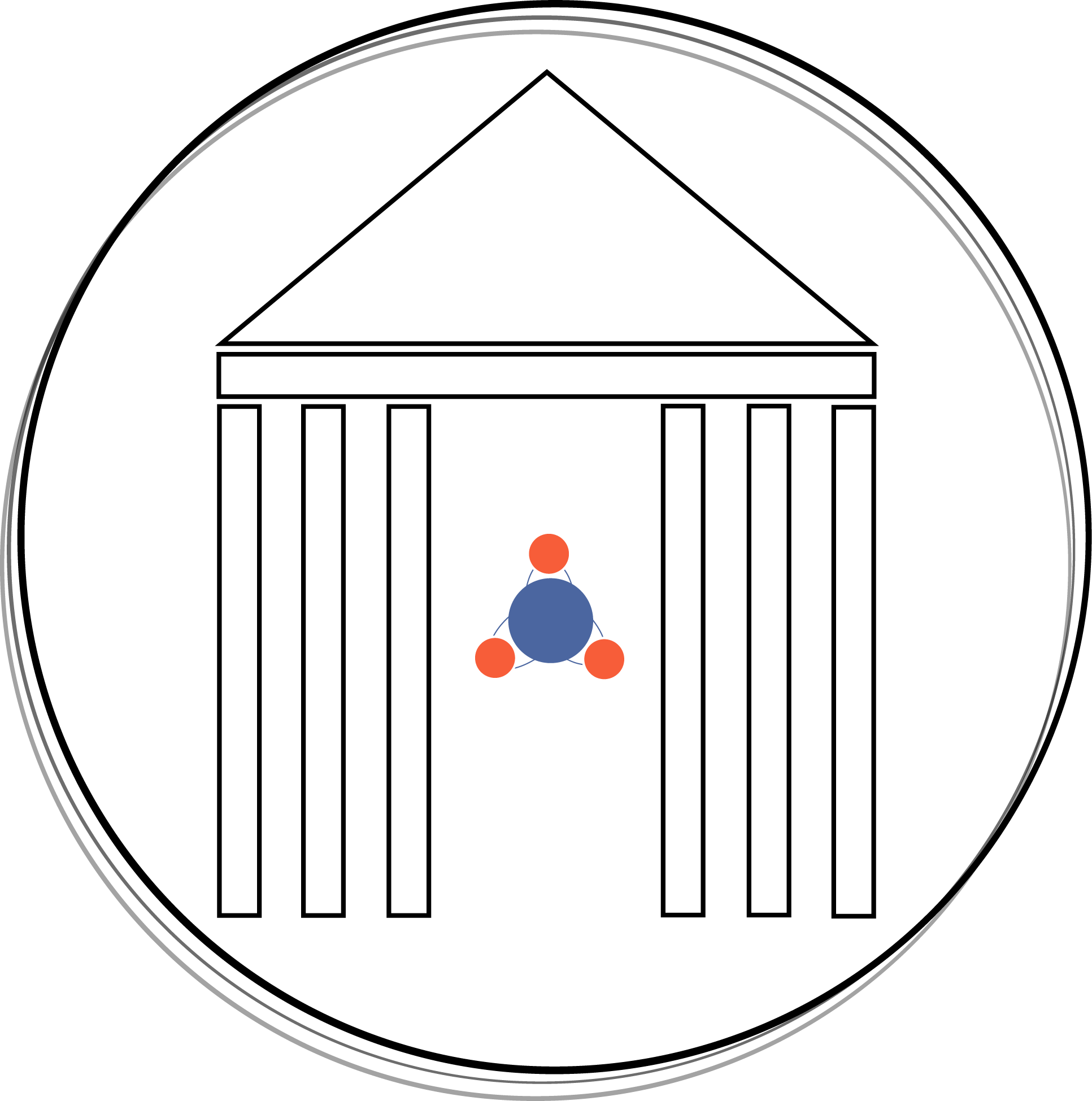Welcome to the National Courts and Sciences Institute (NCSI). Our mission is to enhance the capacity of courts to resolve complex cases involving novel scientific and technical evidence, and, thereby, to contribute to the independence of, and public confidence in, the Judicial Branch of government.
NCSI implements this general mission in two ways. Our first education parameter is orientation of judges in general principles of case-related science, technology, data, and methods for determining the weight of evidence. Our second education parameter is the training of judges to be long-term resources within their jurisdictions in one of five concentrations described below. NCSI has been determined by the Internal Revenue Service to be a public charity under section 501 (c)(3) of the Tax Code of 1984. Contributions to NCSI are deductible from federal taxation. NCSI’s EIN (employer identification number) is 46-3017128.
General Science in the Courtroom and Concentrations for Resource Judges
All active judges of Federal and State courts are invited to NCSI’s Boot Camps, described below, but resource judges enrolled in an NCSI concentration are required to do more; in addition to scientific orientation, they are exposed to a full spectrum of all aspects of their chosen evidence topics. Resource judges are selected by their home jurisdictions for training scholarships. NCSI will certify them when it determines that they have mastered the tools key to their Constitutionally established duties for assuring the fitness of the evidence in complex cases and adjudications. Certification requires participation in a 60-hour program block, usually requiring two on-site programs and several on-line programs, over the course of a year.
Judges’ Science Boot Camp
Judicial training in scientific method, tools and measures is the formal name for programs that NCSI informally refers to as “Boot Camps." They are immersive primers calculated to bring judges who are many years separated from science classes up to current knowledge. They provide judicial primers in science, engineering and statistics, and promote the ability of judges to fulfill their responsibilities as gate keepers by asking, “Is the evidence before the court valid science or something else?”
HEALTH CARE OUTCOMES RESEARCH (HCOR)
This 60-hour program trains and certifies resource judges in methods to address the safety and effectiveness of health treatments, large data analytics, clinical trial procedures and accepted techniques for weighing the strength of evidence. Partnering with the Medical University of South Carolina for resource judges’ training in health outcomes research, this concentration’s chief scientific officer is Daniel T. Lackland, Ph.D., Professor of Epidemiology, and Director of MUSC’s graduate training program in clinical trials management. NCSI’s primary goal is to enhance the capacity of courts with respect to managing complex health care evidence. Phase 1 launches in December 2017 with 12 judges.
MOLECULAR AND COMPARATIVE FORENSICS
This 60-hour program trains resource judges in newly emerging, trace evidence and portable forensic sciences and technologies in the work of the courts. NCSI is partnering with the National Institute of Standards and Technology’s Applied Chemicals and Materials Division, Boulder, Colorado, Thomas J. Bruno, Ph.D. is this concentration’s chief science advisor. He is the Division’s Director for the Laboratory on Experimental Properties of Fluids. The Phase 1 training program launches June 7-9 2017 at NIST for 12 resource judges.
ECOSYSTEM AND CLIMATE SCIENCES
This concentration certifies judges in science underpinnings and technologies that detect and remedy alleged issues associated with disputes over water, soil, and air quality. NCSI is partnering with the Lawrence Berkeley National Laboratory for judges’ training in ecosystem and climate sciences; Gary L. Andersen, Ph.D. is this concentration’s chief science advisor. He is Head of the LBL’s Department of Ecology. Phase 1, with 12 judges, launches in December 2018.
GENETIC ENGINEERING AND BIOTECHNOLOGY
This 60-hour program trains resource judges in the science underpinning technologies used to modify human immunity to disease and newly emerging techniques to improve agricultural crops and animals and environmentally-sustaining agents, such as “good” microbes. NCSI is partnering with the Carl Woese Institute for Genomic Biology (IGB) at the University of Illinois, Champagne-Urbana. IGB's Directory, Gene E. Robinson, Ph.D., is this resource judge training concentration’s chief scientific officer.
DEVELOPMENTAL NEUROBIOLOGY, and RISK MEASURES AND ISSUES
This concentration emphasizes progress in the brain sciences and new technologies to measure brain function. Partnering with Boys Town Research Hospital and its behavioral research program, among other science centers. This concentration pools contributions from several brain initiatives and looks at ways to measure risk in criminal and civil court contexts. R. James R. Blair, Ph.D. is this concentration’ s chief science advisor. He is Boys Town’s Director of Neurobehavioral Research. Phase 1, with 12 judges, launches in December 2018.
Contact
Use the form below to contact us with questions about the National Courts & Sciences Institute.

